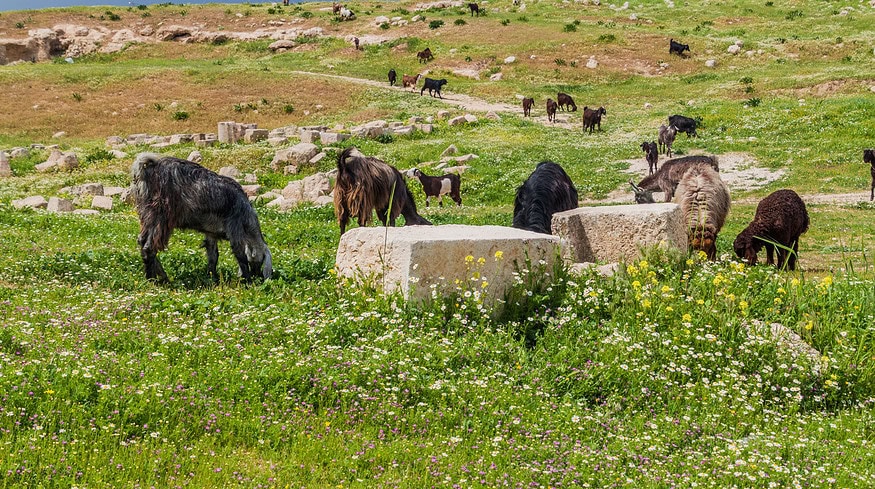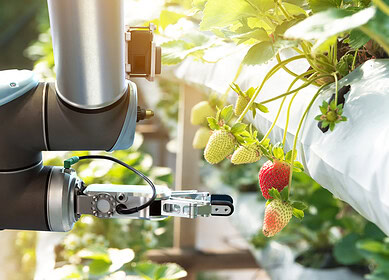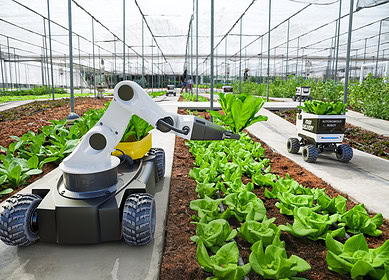World Bank helps Jordan to step into the climate-smart agriculture

A transformative movement is underway in Jordan’s agricultural sector, aimed at fostering a new generation of climate-smart farmers. This shift towards sustainable and resilient farming is essential for a nation grappling with challenges such as reduced water availability, rising temperatures, and global food system disruptions.
The World Bank’s “My Land” (ARDI) program, initiated in 2022, is at the forefront of this transformation. With a budget of $125 million, ARDI focuses on promoting water-efficient and climate-resistant farming practices, offering crucial support to about 30,000 farming households. The project also aims to create approximately 12,000 job opportunities, with a particular emphasis on including women and youth, who have traditionally been underrepresented in this sector.
Women farmers, like Seham Bani Mustafa from Souf, are already witnessing tangible benefits. Mustafa, who cultivates fruits and vegetables, received a grant for a rainwater harvesting system, significantly improving her irrigation capabilities and reducing dependency on external water sources. This advancement not only ensures a steady water supply for her crops but also enables her to contribute to the local economy through the sale of surplus produce and handmade traditional soaps.
Jordan’s commitment to enhancing food security is further reflected in its National Food Security Strategy, launched last year. The strategy outlines specific actions to strengthen food systems and generate employment, crucial for a country that is among the world’s most water-scarce.
Agriculture, though contributing only 5.6 percent to the national GDP, becomes significantly more impactful when the entire agri-food sector’s contribution, ranging between 20-25 percent of GDP, is considered. A significant portion of Jordan’s poor population relies on agriculture for their livelihood, underscoring the importance of this sector’s revitalization.
Key to this transformation is the focus on skill development and training in water-conserving techniques and cultivation of drought-resistant crops. Young specialists, like Fatima Abu Akleek and Lina Madlboh, both graduates of the Jordan University of Science and Technology, are now applying innovative methods such as hydroponics, fish farming, and aeroponics in their work. These techniques not only reduce water and chemical fertilizer usage but also allow for cultivation in challenging environments, such as the Jordanian Eastern Desert.
The ARDI program extends its support through the refurbishment of nurseries and the provision of field schools to further disseminate knowledge on climate-smart agriculture practices. The focus is not just on the technical aspects but also on integrating digital solutions to streamline market access for farmers’ produce.
Success stories are emerging across Jordan. Ibrahim Hani Harahsheh from Qafqafa Town and Muflih Al-Shurafat from Azraq have witnessed remarkable transformations in their agricultural practices and daily routines, thanks to the water harvesting solutions provided by ARDI.
This holistic approach towards agriculture in Jordan signals a hopeful future, where food security, sustainable resource use, and employment opportunities coalesce, paving the way for a resilient and prosperous agricultural sector.
Enjoyed this story?
Every Monday, our subscribers get their hands on a digest of the most trending agriculture news. You can join them too!














Discussion0 comments